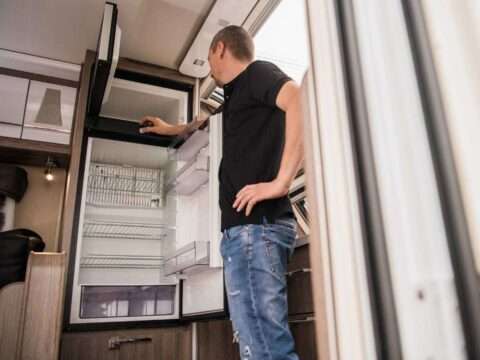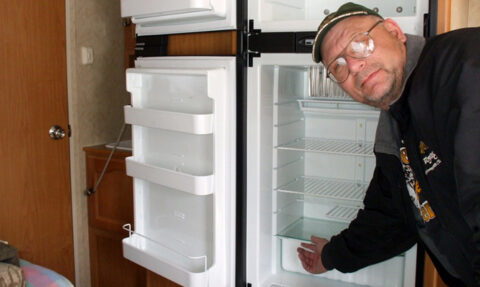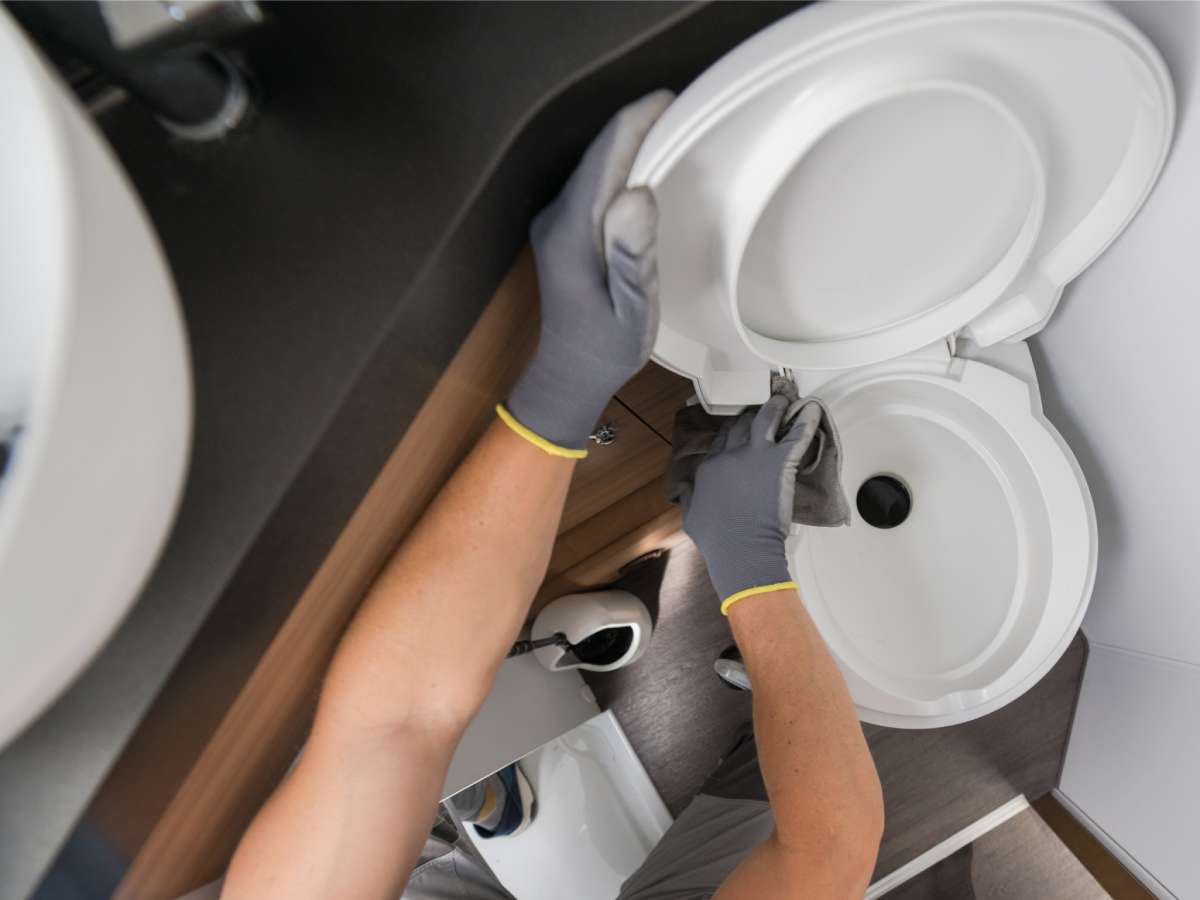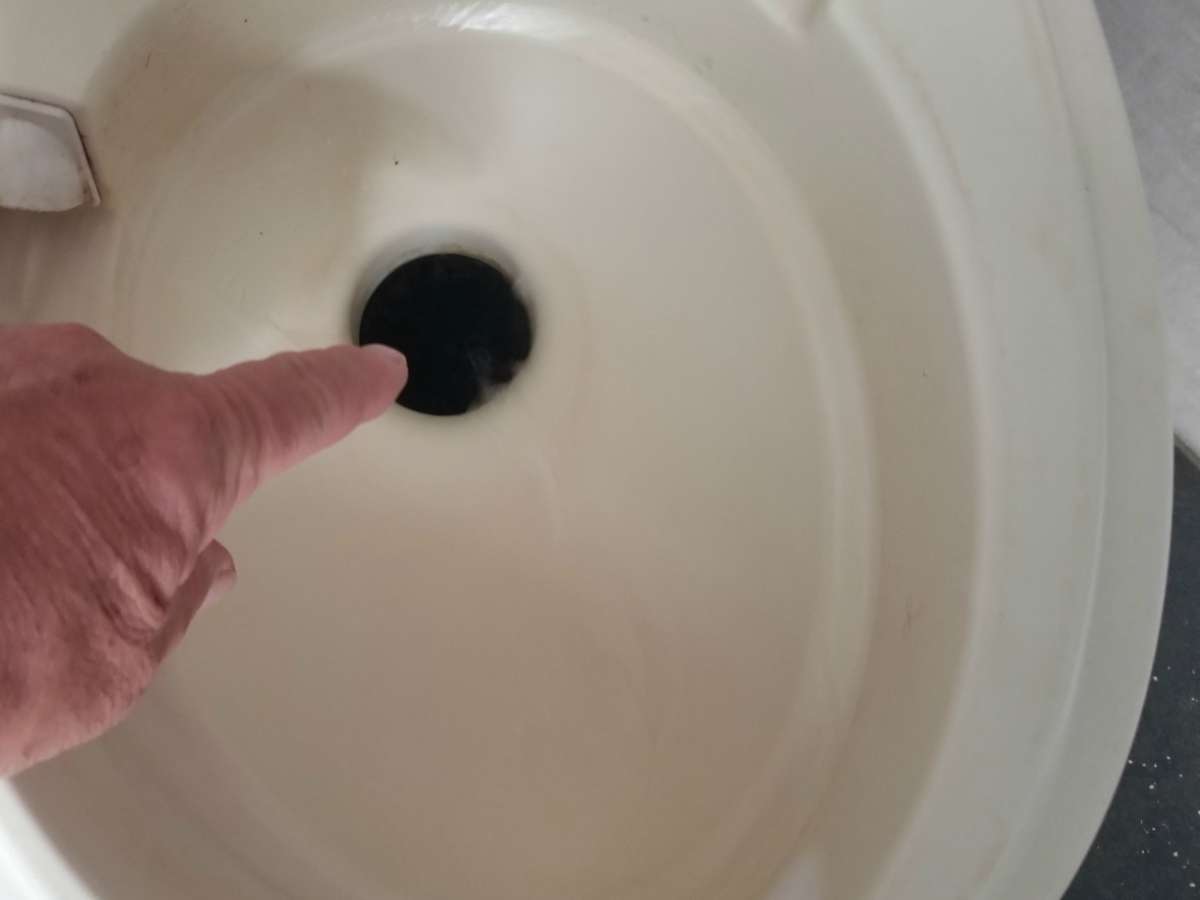The most important appliance in your RV is the refrigerator.
When you gave up tent camping, putting the ice coolers away in the garage for good was a moment to enjoy.
But what if the refrigerator in your RV seems to have lost its cool? What are your options?
RV refrigerators can fail for a number of reasons.
Today we’re going to talk about when to repair versus when to replace your RV refrigerator…
How RV Refrigerators Work
There are 2 brands of refrigerators commonly found in RVs:
Both operate under the same principles.
This is how an RV refrigerator operates:
- A sealed cooling element is heated — either with a gas flame or an electric heating element.
- The cooling unit amounts to a series of tubes filled with an ammonia-based liquid — as heat is applied, the fluid circulates through the cooling unit drawing the heat out of the refrigerator.
If The Refrigerator Isn’t Cooling Properly…

When an RV refrigerator starts failing (not cooling as well as it should), it means the fluid is no longer circulating properly through the cooling unit.
The nice thing about RV refrigerators is there are no moving parts. There are no pumps to wear out, and no compressors either. All the work is done simply by heating liquid — like in your coffee pot. When it boils, it perks the coffee. When the ammonia is heated, it circulates.
If the cooling unit develops a leak, you will smell ammonia in a big way. This isn’t a very common occurrence, but if it does happen, you will immediately know where the problem is.
What Happens When An RV Refrigerator Isn’t Used
More often than not, the problem with an RV refrigerator is time combined with lack of use.
As RV refrigerators age, the ammonia liquid can create sediment that settles to the bottom of the cooling unit. This sediment will hinder the ability of the ammonia to circulate properly through the cooling unit. As the sediment builds up, the refrigerator will cool less and less.
A refrigerator that is used once or twice a year over a period of 5 or 6 years is much more likely to plug up than one that is in continual operation. Constant movement keeps any sediment suspended in the fluid — which ultimately prevents any accumulation from occurring.
Now that we know why it doesn’t work, what can be done to fix it?…
Repairing vs. Replacing A Non-Working RV Refrigerator
It has been said that if you remove the refrigerator from the RV and turn it upside down for a period of time, it may start working again. I’ve never personally used that method, but the theory behind it is only marginally acceptable.
Once sediment exists, you may dislodge it for a period of time — but as soon as the refrigerator sits again for a period of time, it will again settle and plug up the tubes.
Rebuilt cooling units can be purchased — in effect, rebuilding your refrigerator. It will again cool as good as a new refrigerator. But here is where the problem comes in…
Replacement cooling units are expensive. Combined with the labor required to remove a bad cooling unit and install a new one, the cost of the project will be at (or above) the cost of buying an entirely new RV refrigerator.
Many large RV refrigerators can cost well over $2,000 new. With labor charges at about $100 an hour, combined with the $1,400 or so the replacement parts would cost, it makes better sense to just buy a new refrigerator.
A new refrigerator can be installed in about 1 hour. The amount of time required to remove an old refrigerator, disassemble the cooling unit, reassemble it with a new cooling unit, then reinstall the refrigerator can take a full day’s work — which could be pretty pricey at $100 an hour!
This is one time when a refrigerator that is working a little bit may actually be worse than one that is not working at all.
Other RV Refrigerator Repair Issues

There are a number of reasons that a refrigerator will not function at all. Typically, these problems can be repaired at a reasonable cost.
Some examples:
- If the pilot light won’t stay lit… you may have a bad thermocouple which controls gas flow.
- If your electronic ignition fails to light… you may have a faulty control board.
- If your refrigerator works on gas but won’t work on electric… you may have a burned out heating element.
Here are free online repair manuals for the most popular RV refrigerators: Dometic and Norcold.
The Bottom Line
The point is, don’t assume your refrigerator is a hopeless cause. Instead, have a qualified technician check it out. Honest technicians will make you aware of your options before they get too far along.
Just know, if the problem lies in the cooling unit, you may be better off buying a new RV refrigerator instead of repairing your old one.
And… at least now you have an idea of what takes place behind the cold 6-pack in your refrigerator!



